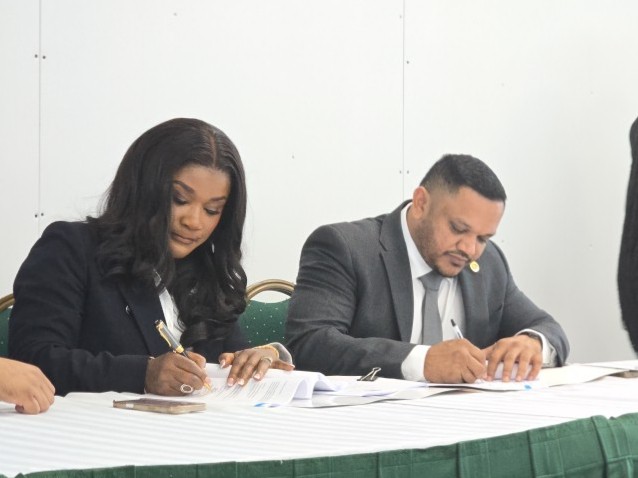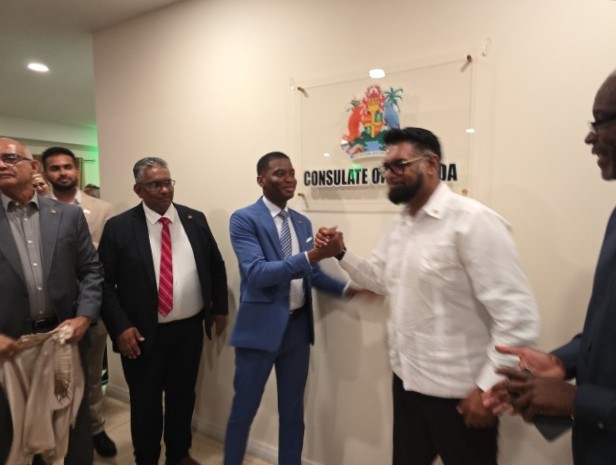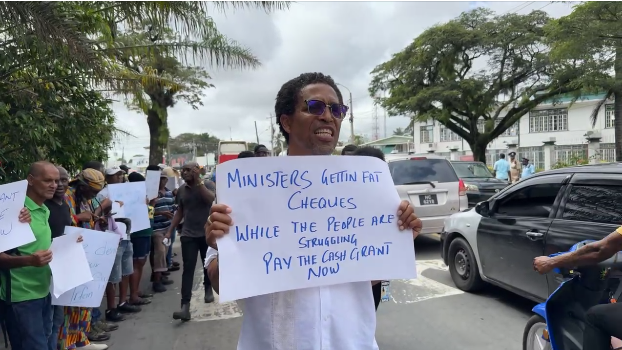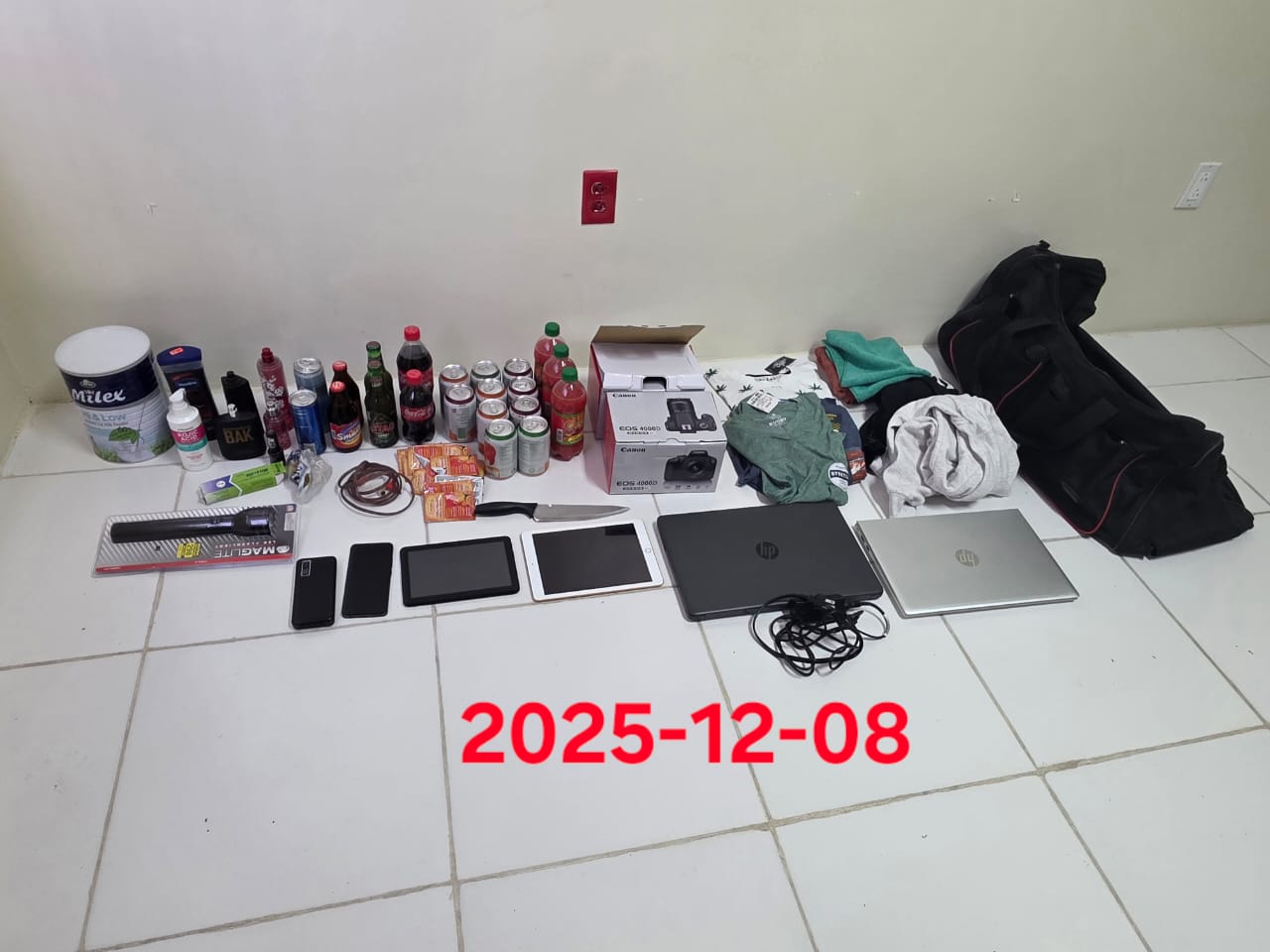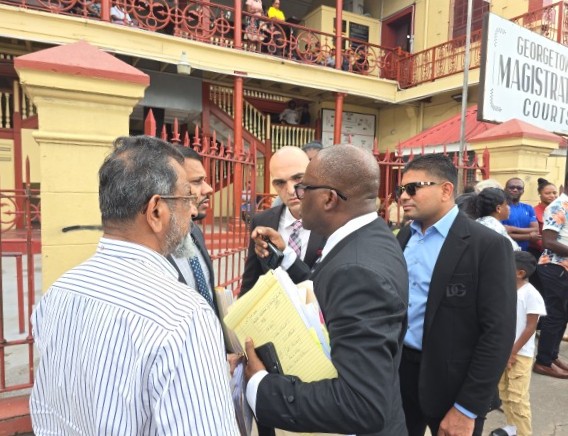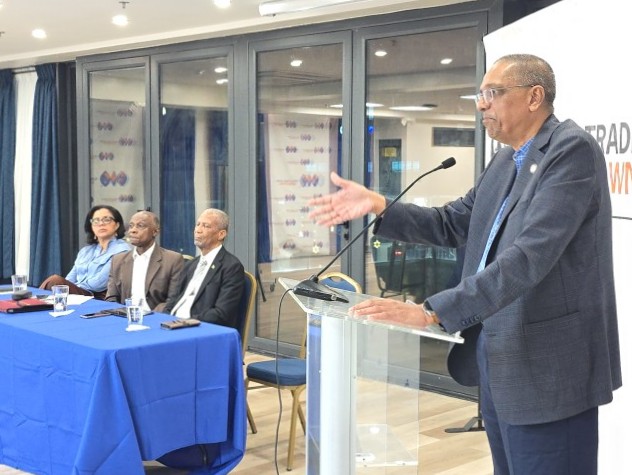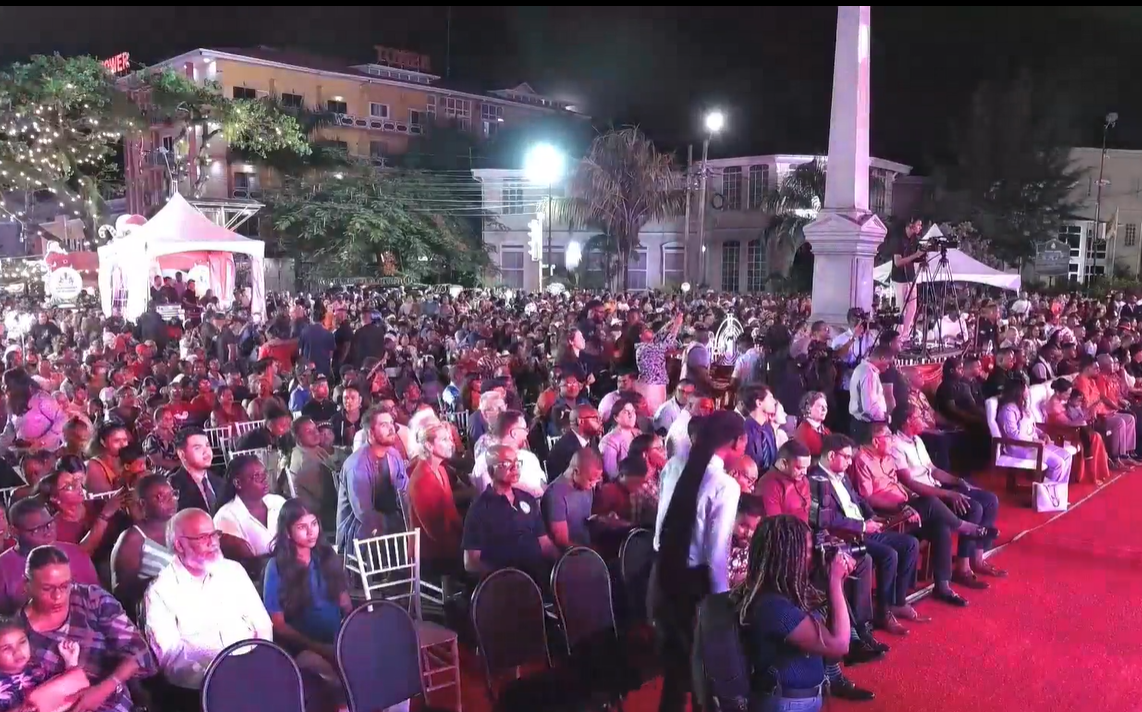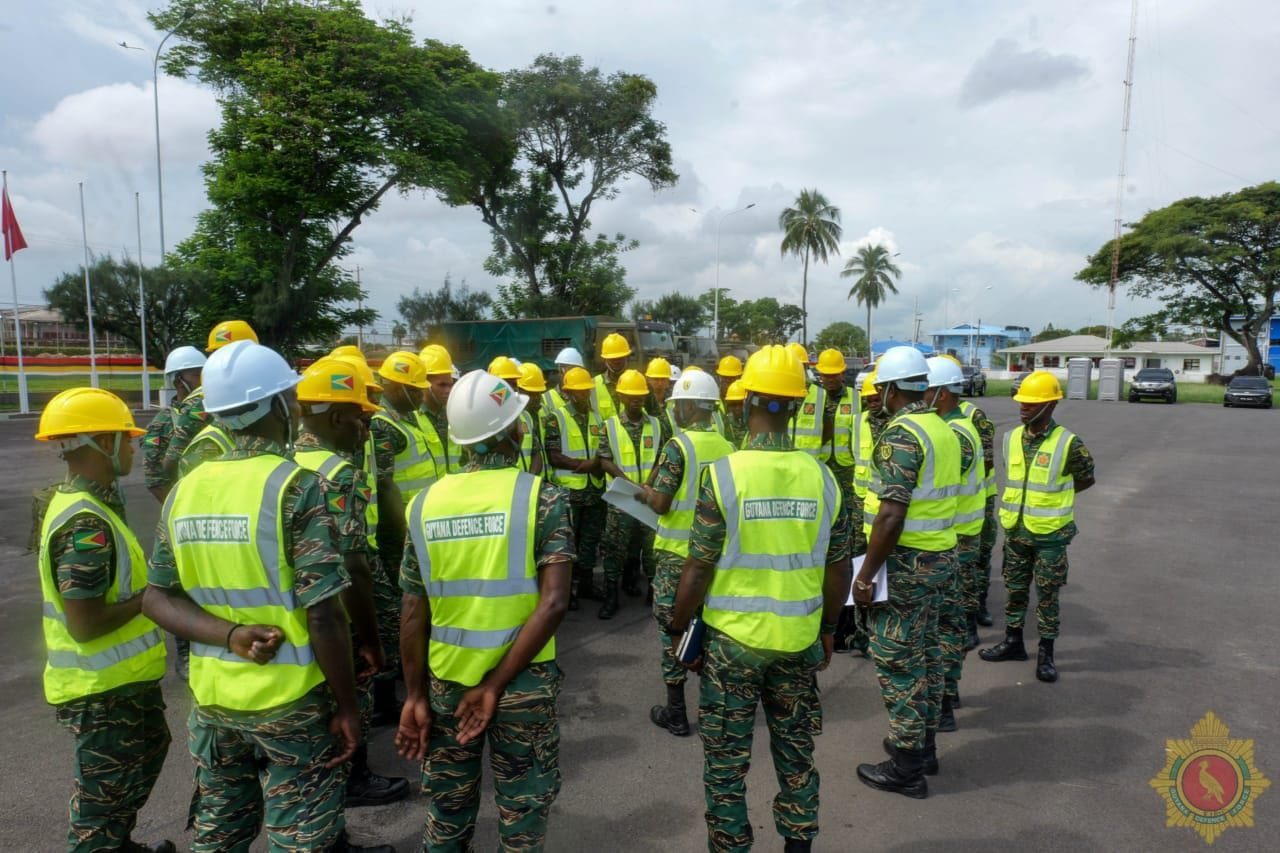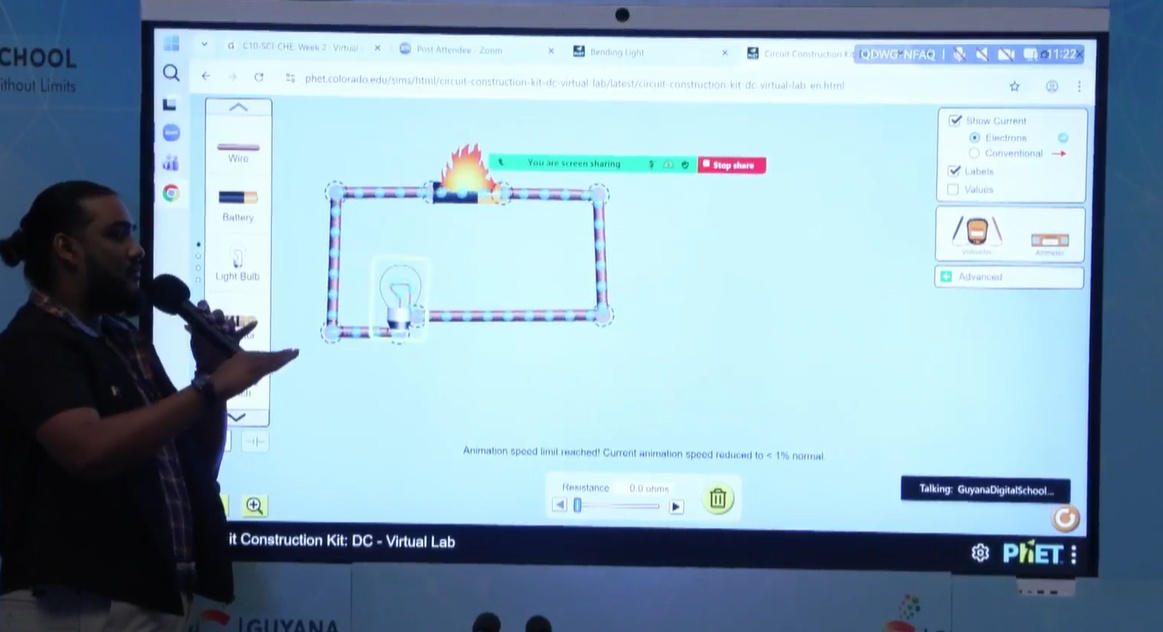In a landmark deal signaling growing international investment in Guyana’s energy sector, Ghana-based Cybele Energy has secured exploration rights to the S7 offshore concession with a winning bid of US$17 million. The agreement was formally signed Tuesday at Pegasus Corporate Suites in Georgetown by Cybele CEO Beatrice Mensah-Tayui and Guyana’s Minister of Natural Resources Vickram Bharrat.
The S7 block, spanning less than 1,500 square kilometers in shallow waters, represents significant potential with preliminary estimates suggesting approximately 400 million barrels of oil. Minister Bharrat emphasized that this figure remains speculative until comprehensive geological studies are conducted. “That’s an estimate based on geology that they have currently, so you can extrapolate but until you do actual work, you really don’t know,” he told reporters.
Cybele’s bid exceeded the government’s stipulated minimum by US$7 million, demonstrating both financial capacity and serious commitment to the project. The evaluation process considered not only financial offers but also technical capabilities and exploration experience. The company has announced plans to collaborate with Norway’s Elemental Energies, renowned for its well-engineering expertise with industry supermajors like Total.
This agreement marks the second major production sharing pact finalized by the Guyanese government within three weeks, totaling US$32 million in signing bonuses. The previous agreement involved a TotalEnergies-led consortium with a US$15 million bonus.
Notably, Cybele Energy makes history as both the first African-led operator in Guyana and the first woman-led exploration and production company to secure a block outside Africa. The company’s corporate social responsibility initiatives include creating opportunities for women in the energy sector.
The S7 concession is strategically positioned approximately 50 kilometers from ExxonMobil’s prolific Liza 1 and Liza 2 fields, with 20% overlap with REPSOL’s Carapa-1 3D seismic survey area. Cybele’s geological leadership includes Segun Jebutu, a former lead subsurface scientist with over 25 years of experience working on ExxonMobil’s Guyanese operations.
